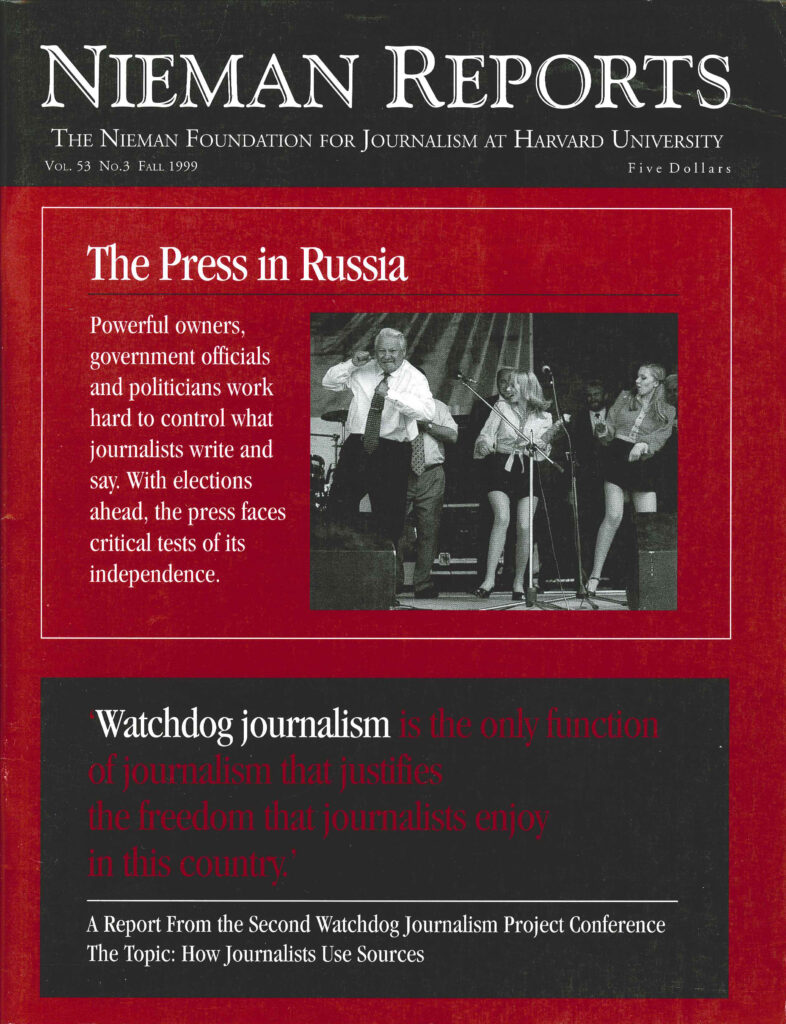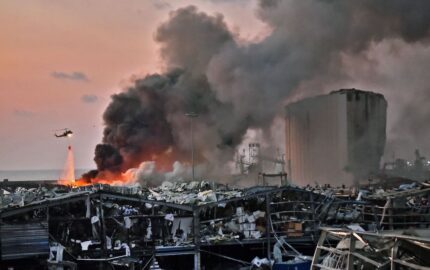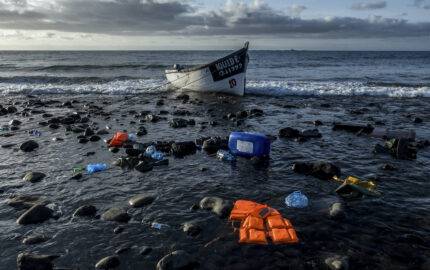Byron V. Acohido: Investigative reporter, The Seattle Times. Since 1998, a specialist in covering the aerospace industry and aviation safety. His five-part series detailing problems with the 737’s rudder system won 11 journalism awards, including the Pulitzer Prize for Beat Reporting.
David Barstow: Reporter, The New York Times. Formerly a reporter with The St. Petersburg Times where his investigative reporting on Rev. Henry J. Lyons and the National Baptist Convention made him a finalist for the Pulitzer Prize.
Doug Frantz: National correspondent, The New York Times. Was a Pulitzer finalist for a series of investigative articles he wrote about the Church of Scientology.
Alison Grant: Reporter, The Plain Dealer (Cleveland). Has covered City Hall since 1996. Previously she reported from the suburbs where, in Beachwood, her one-year investigation of corruption in the awarding of city contracts resulted in a Pulitzer Prize nomination as a finalist in the Beat Reporting category.
Roy Gutman: Correspondent, Newsday (Long Island). While European Bureau Chief in the early 1990’s, his reporting on Serb atrocities in Bosnia was awarded the Pulitzer Prize for International Reporting.
Susan Kelleher: Reporter, The Orange County [CA] Register. In 1995, she and another reporter broke the story of a fertility treatment clinic that was stealing eggs from infertile patients and giving them to other infertile women. This report won a Pulitzer Prize for investigative reporting.
Bill Kovach: Curator, Nieman Foundation.
Murrey Marder: Sponsor, Watchdog Journalism Project at the Nieman Foundation. Formerly a reporter at The Washington Post whose investigation of Senator McCarthy’s claims about Communist infiltration led to hearings which destroyed his credibility and whose reporting on the Johnson Administration’s manipulation of news regarding Vietnam led to accusations of the U.S. government’s “credibility gap.”
James McNair: Reporter, The Miami Herald. Covers large corporations in South Florida and white-collar crime, including investment scams involving penny stocks, commodity futures, sweepstakes and psychic hotlines.
John McQuaid: Special Projects Reporter, The Times-Picayune (New Orleans). Reports on science, politics and the environment. He was lead reporter on a series about global fisheries that won a Pulitzer Prize for public service.
Lars-Erik Nelson: Washington columnist, the New York Daily News. As a foreign correspondent for different publications, he covered the start of the dissident movement in Russia, the Prague Spring, and Middle East shuttle diplomacy by Henry Kissinger.
William Rashbaum: Reporter, the New York Daily News. He covers crime and criminal justice issues, focusing on the New York City Police Department and organized crime.
Susanne M. Schafer: Chief Military Correspondent, Associated Press (currently on leave). Since July 1989, she has covered the Pentagon and military operations, and in 1996 became the first journalist to attend the National War College and obtain a master’s degree in national security studies from the National Defense University.
Paul Solman: Business correspondent, “The NewsHour with Jim Lehrer.”
Pete Souza: National photographer, the Chicago Tribune. He was official White House photographer during five and one half years of the Reagan administration and has won numerous awards for his photojournalism.
Jim Tharpe: Deputy Metro Editor, The [Atlanta] Constitution. While he was Managing Editor of the Montgomery [AL] Advertiser, the newspaper was a finalist for a Pulitzer Prize for its reporting on the Southern Poverty Law Center.
Mark Thompson: Defense Department Correspondent, Time. He has reported on some of the magazine’s biggest stories in recent years, including United States’s confrontations with Saddam Hussein, the explosions in Oklahoma City and aboard TWA 800, and various White House scandals.
Loretta Tofani: Reporter, The Philadelphia Inquirer. Since 1997, she has covered gambling. While at The Washington Post in the early 1980’s, her series of stories about men getting gang-raped in a jail in Prince George’s County, Maryland, won a Pulitzer Prize for investigative reporting.
David Barstow: Reporter, The New York Times. Formerly a reporter with The St. Petersburg Times where his investigative reporting on Rev. Henry J. Lyons and the National Baptist Convention made him a finalist for the Pulitzer Prize.
Doug Frantz: National correspondent, The New York Times. Was a Pulitzer finalist for a series of investigative articles he wrote about the Church of Scientology.
Alison Grant: Reporter, The Plain Dealer (Cleveland). Has covered City Hall since 1996. Previously she reported from the suburbs where, in Beachwood, her one-year investigation of corruption in the awarding of city contracts resulted in a Pulitzer Prize nomination as a finalist in the Beat Reporting category.
Roy Gutman: Correspondent, Newsday (Long Island). While European Bureau Chief in the early 1990’s, his reporting on Serb atrocities in Bosnia was awarded the Pulitzer Prize for International Reporting.
Susan Kelleher: Reporter, The Orange County [CA] Register. In 1995, she and another reporter broke the story of a fertility treatment clinic that was stealing eggs from infertile patients and giving them to other infertile women. This report won a Pulitzer Prize for investigative reporting.
Bill Kovach: Curator, Nieman Foundation.
Murrey Marder: Sponsor, Watchdog Journalism Project at the Nieman Foundation. Formerly a reporter at The Washington Post whose investigation of Senator McCarthy’s claims about Communist infiltration led to hearings which destroyed his credibility and whose reporting on the Johnson Administration’s manipulation of news regarding Vietnam led to accusations of the U.S. government’s “credibility gap.”
James McNair: Reporter, The Miami Herald. Covers large corporations in South Florida and white-collar crime, including investment scams involving penny stocks, commodity futures, sweepstakes and psychic hotlines.
John McQuaid: Special Projects Reporter, The Times-Picayune (New Orleans). Reports on science, politics and the environment. He was lead reporter on a series about global fisheries that won a Pulitzer Prize for public service.
Lars-Erik Nelson: Washington columnist, the New York Daily News. As a foreign correspondent for different publications, he covered the start of the dissident movement in Russia, the Prague Spring, and Middle East shuttle diplomacy by Henry Kissinger.
William Rashbaum: Reporter, the New York Daily News. He covers crime and criminal justice issues, focusing on the New York City Police Department and organized crime.
Susanne M. Schafer: Chief Military Correspondent, Associated Press (currently on leave). Since July 1989, she has covered the Pentagon and military operations, and in 1996 became the first journalist to attend the National War College and obtain a master’s degree in national security studies from the National Defense University.
Paul Solman: Business correspondent, “The NewsHour with Jim Lehrer.”
Pete Souza: National photographer, the Chicago Tribune. He was official White House photographer during five and one half years of the Reagan administration and has won numerous awards for his photojournalism.
Jim Tharpe: Deputy Metro Editor, The [Atlanta] Constitution. While he was Managing Editor of the Montgomery [AL] Advertiser, the newspaper was a finalist for a Pulitzer Prize for its reporting on the Southern Poverty Law Center.
Mark Thompson: Defense Department Correspondent, Time. He has reported on some of the magazine’s biggest stories in recent years, including United States’s confrontations with Saddam Hussein, the explosions in Oklahoma City and aboard TWA 800, and various White House scandals.
Loretta Tofani: Reporter, The Philadelphia Inquirer. Since 1997, she has covered gambling. While at The Washington Post in the early 1980’s, her series of stories about men getting gang-raped in a jail in Prince George’s County, Maryland, won a Pulitzer Prize for investigative reporting.



